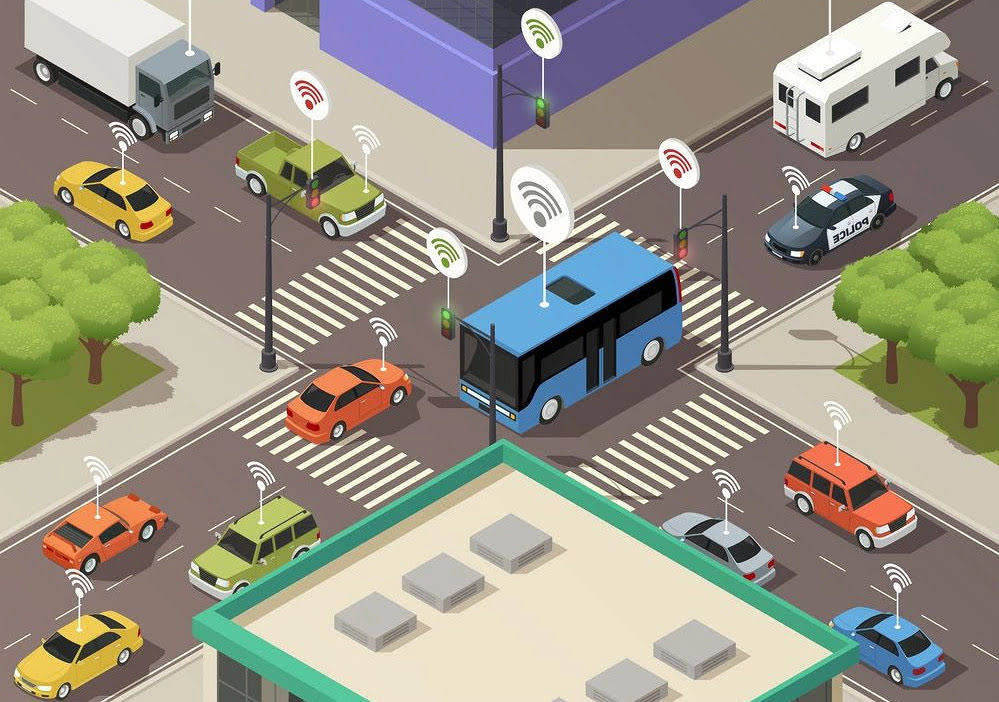Think Transportation is a transportation engineering consultant that offers a wide range of services and solutions for AVs. Think Transportation has expertise in:
Traffic Engineering: Think Transportation can help you design, implement and evaluate traffic engineering solutions for AVs, such as traffic signals, signs, markings, roundabouts, intersections, ramps, bridges and tunnels.
Traffic Simulation and Modelling: Think Transportation can help you simulate and model the performance of AVs under different scenarios, such as traffic demand, network configuration, vehicle mix, weather conditions and driver behavior. Think Transportation can also help you calibrate and validate your models using real-world data collected from various sources.
Intelligent Transportation Systems: Think Transportation can help you design, develop and deploy intelligent transportation systems for AVs, such as vehicle-to-vehicle (V2V) communication, vehicle-to-infrastructure (V2I) communication, cooperative adaptive cruise control (CACC), lane keeping assist (LKA), blind spot detection (BSD) and collision avoidance systems (CAS).
Mass Transit Planning and Design: Think Transportation can help you plan and design mass transit systems for AVs, such as bus rapid transit (BRT), light rail transit (LRT), metro rail transit (MRT) and automated people mover (APM). Think Transportation can also help you integrate these systems with other modes of transportation such as walking, cycling or car-sharing.
Traffic Data Collection and Surveys: Think Transportation can help you collect and analyze traffic data for AVs using various methods such as manual counts, automatic counts, video analysis, GPS tracking devices or mobile applications. Think Transportation can also help you conduct surveys to understand the preferences, attitudes and behaviors of potential users of AVs.
Autonomous Vehicles are the future of automobiles that could revolutionize our mobility and society. However, they also face many challenges that require collaboration and innovation from various sectors and disciplines. Think Transportation is a transportation engineering consultant that can help you achieve your goals and vision for the future of mobility.











